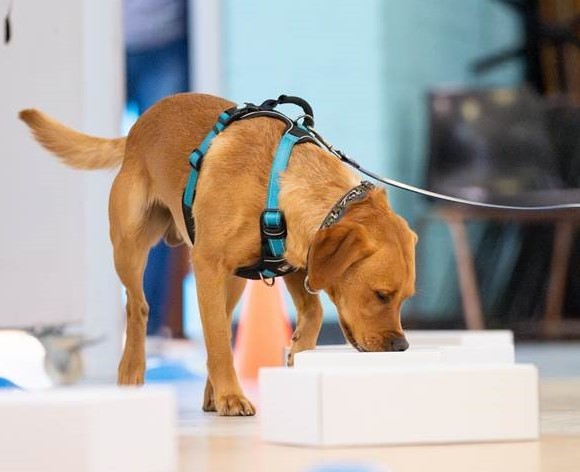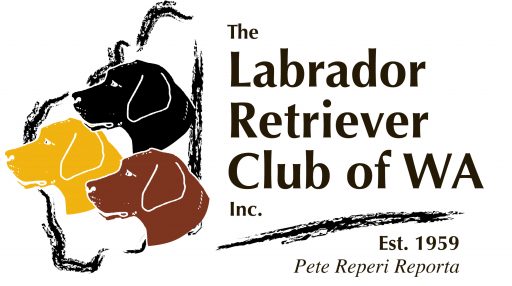Activities
Retrieving
A Retrieving Trial is an event at which competitions for the working of registered Gundogs are conducted, both on land and in or through water, to determine their relative merits in the field under conditions which emulate as closely as possible those which would be found whilst hunting, but at the same time bring the work of each dog within an ambit of equality where assessment may be fairly made.
The function of a Retriever is to seek and retrieve fallen game, when ordered to do so. It should sit quietly with the handler or in the hide, walk at heel, or assume any station designated by the handler, until sent to retrieve. When ordered a dog should retrieve quickly and briskly without unduly disturbing too much ground. It should deliver tenderly to hand and then await further orders from the handler
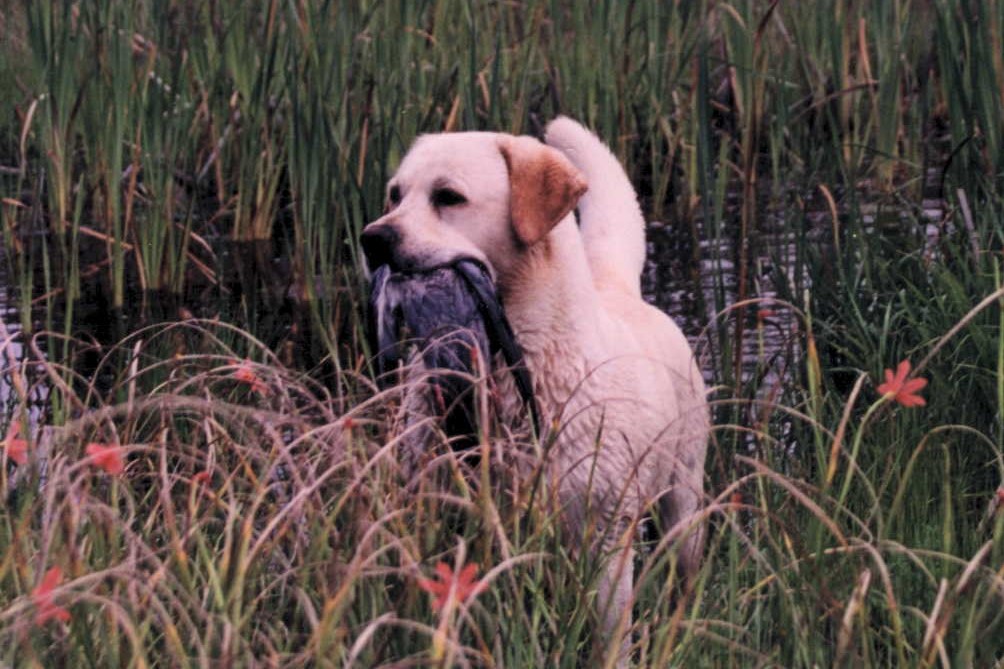
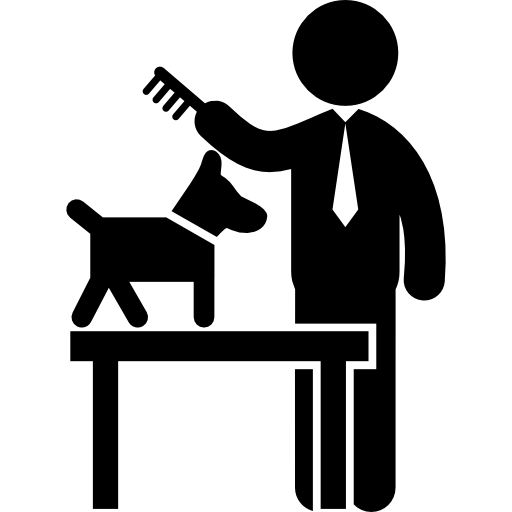
Showing
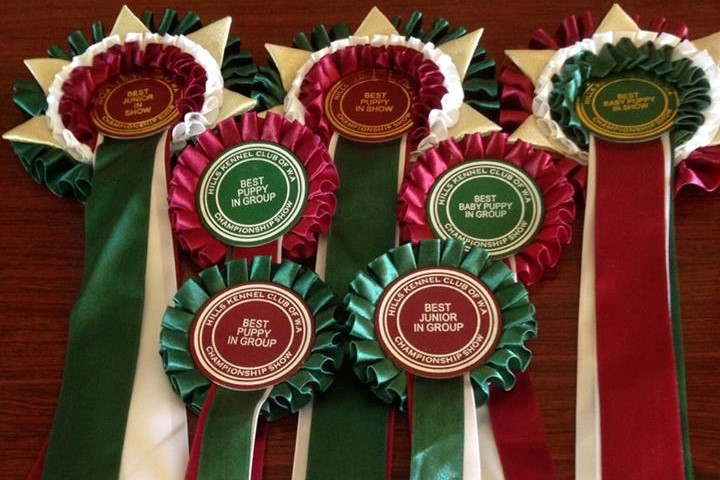
Open Show
An open show or parade is an exhibition of registered dogs at which no challenge certificates are awarded, but dogs which have been awarded the title of Australian Champion may compete. At these shows trainee judges officiate and it is considered the training ground for all young dogs and owners.
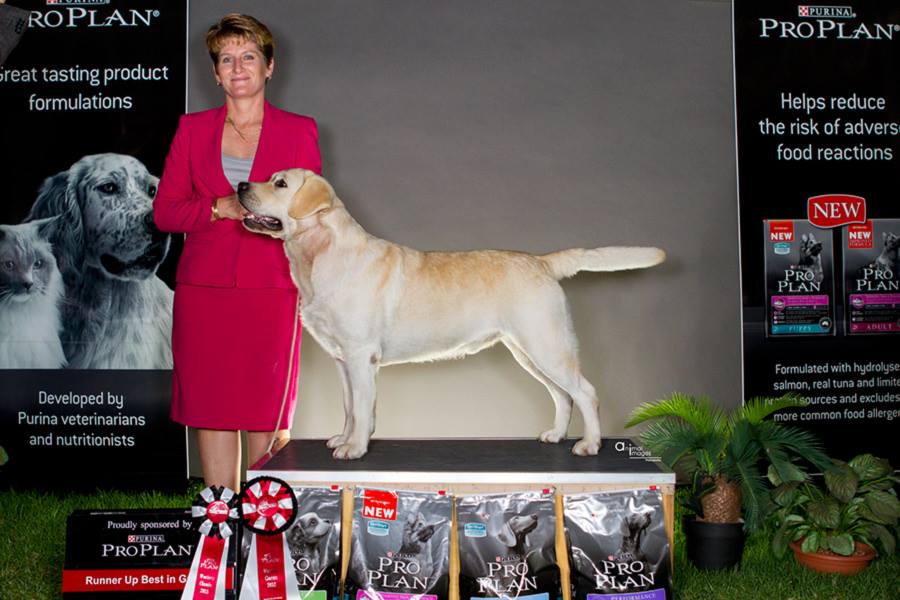
Championship Show
A championship show is an exhibition of registered dogs at which challenge certificates are awarded. A challenge certificate evidences the number of points awarded at the fixture towards the title Australian Champion. At these shows only qualified Judges officiate.
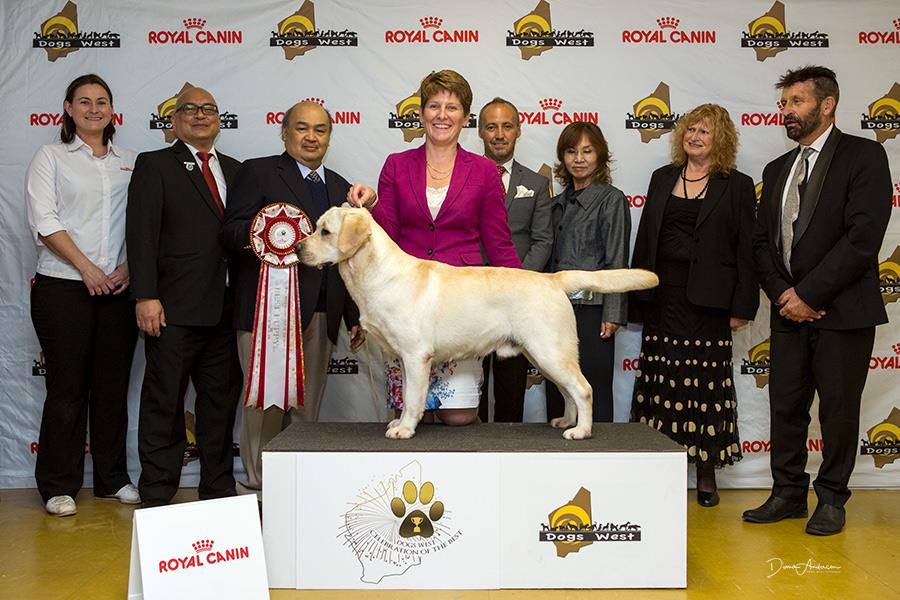
Agility
Agility is a dog competition open to all dogs. The aim of this competition is for a Handler to direct his dog around a course of different obstacles to assess and enhance the ability of the dog and Handler to work as a team. It is an educational and sporting activity intended to improve the dog’s integration into society. The sport requires a good rapport between dog and Handler, which results in perfect teamwork. Whilst speed of the dog is to be desired, steadiness of work is essential to a faultless performance of the course.
Agility Trials are open to dogs registered with the Canine Control of either sex and 18 months of age or over. The scheduling of an event or events and classes shall be subject to approval of the Canine Control.
Events are Agility, Jumping, Games and any other activity that the ANKC determines. The following Games are approved: Snooker, Gamblers and Strategic Pairs. The affiliate must schedule Master, Excellent and Novice at an event. The Elite and Open classes for Agility and Jumping are optional. All scheduled classes will be conducted with one round only. All references to Agility to include Jumping and other Events.
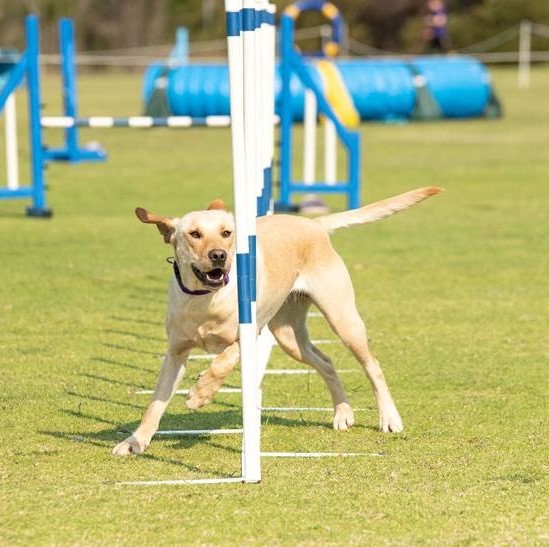
Obedience
Obedience trials are a sport, and it is expected that all participants will be guided by the principles of good sportsmanship both inside and outside of the ring.
Obedience Trials demonstrate the dog and handler’s ability to work together with precision and publicly showcase the training that has been undertaken to achieve this. Classes are designed to be progressive, allowing the dog and handler to grow in skill and experience as titles are earned. The performance of the dog and handler in the ring must be accurate and correct according to these rules and regulations. It is also essential that the dog demonstrates willingness and enjoyment while it is working and that the handler demonstrates smooth and natural handling without using harsh commands.
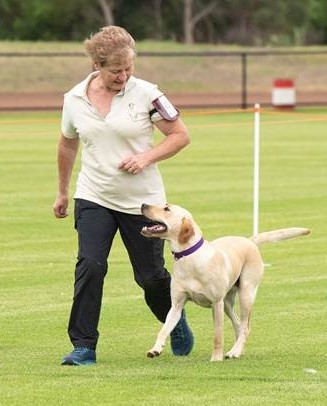
Scent Work
Scent Work is a sport that is based on the task of working detection dogs to locate an odour and communicate to the handler that the odour has been found. Detection is done in a variety of environments and often during changing weather or environmental conditions.
Scent Work is a positive, challenging activity that allows dogs the opportunity to use their strongest natural sense in a way that is fun, engaging, and builds and strengthens a foundation of trust between the handler and dog.
Dogs are trained to recognise specific odours, and to alert their handlers when the odours are detected. Dogs may paw, bark, point with their nose or body, sit, lie down, or use any other non-destructive behaviour to communicate the location of the odour. Handlers take their dogs through a search area which may be set up in a variety of environments.
The dog and handler must work together as a team. The handler is part of the team, using body language and verbal encouragement to ensure all sections of the search area are covered, directing the dog’s search only when necessary and indicating to the Judge when the dog has found the odour. Communication with and praise of the dog during the search are
encouraged.
